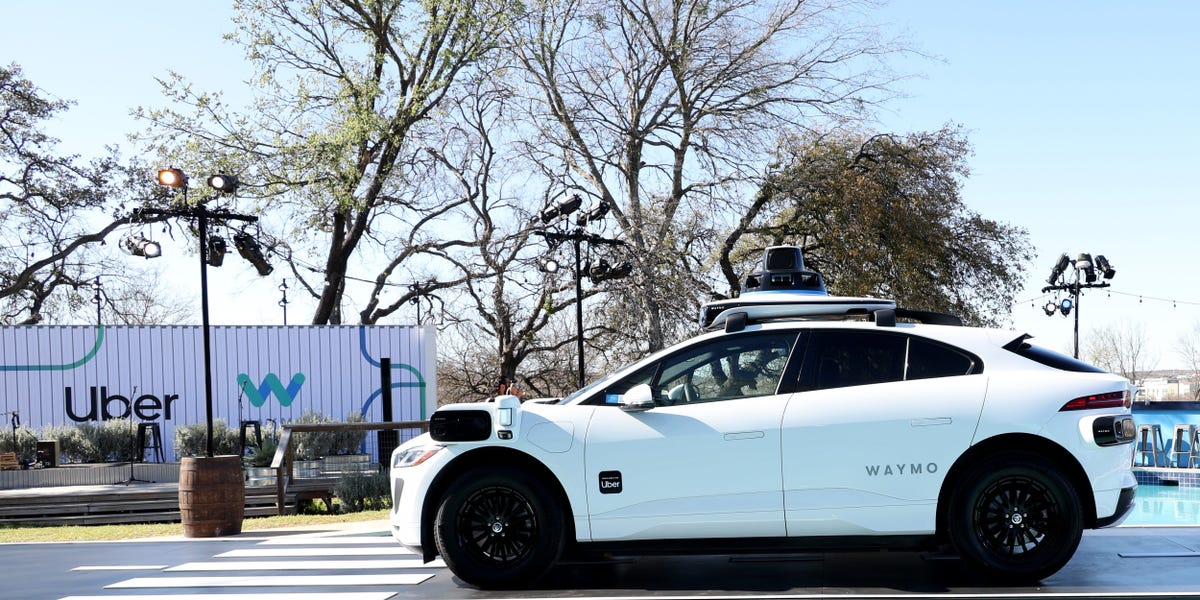Beyond the Wheel: Waymo's Bold Vision for Autonomous Transportation

In an exciting development for the autonomous vehicle industry, Waymo, Alphabet's self-driving technology subsidiary, has revealed it is exploring a potential partnership with Toyota to integrate cutting-edge autonomous driving capabilities into personally-owned vehicles. The early-stage discussions signal a promising collaboration that could revolutionize how consumers experience personal transportation.
By combining Waymo's advanced autonomous technology with Toyota's renowned automotive manufacturing expertise, the potential partnership aims to bring self-driving capabilities closer to mainstream consumers. This strategic dialogue represents a significant step towards making autonomous vehicles more accessible and practical for everyday drivers.
While details remain preliminary, the talks suggest both companies are committed to pushing the boundaries of automotive innovation and creating more sophisticated, safer transportation solutions. As the autonomous vehicle landscape continues to evolve, this potential collaboration between Waymo and Toyota could be a game-changing moment for the industry.
